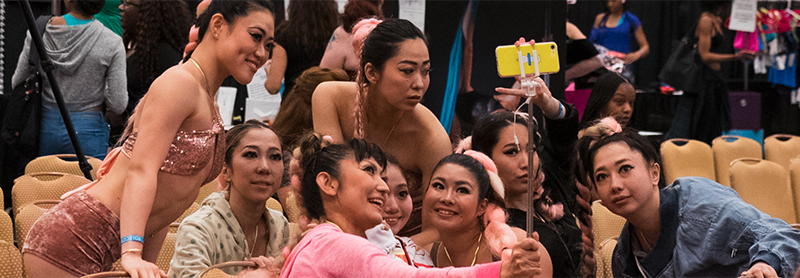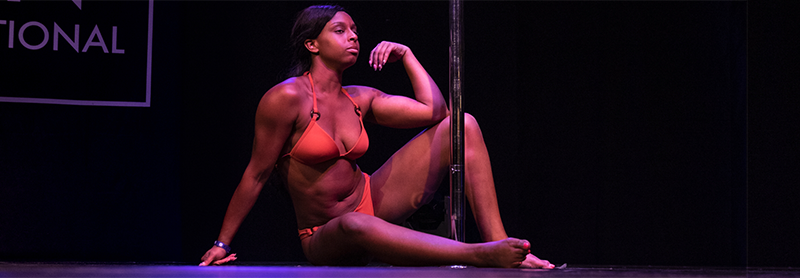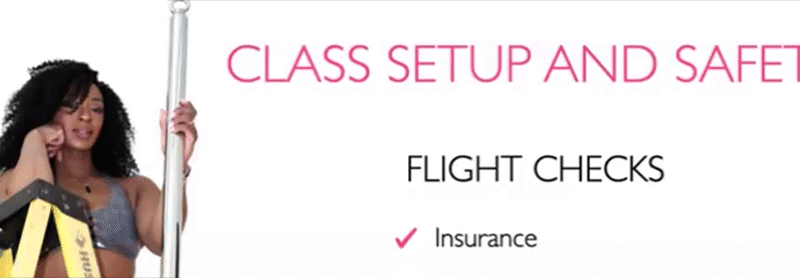Social media marketing may seem confusing and overwhelming sometimes. It is still a great way…

What is a Liability Waiver?
If you are conducting online or in person classes, your insurance will likely require you to have a liability waiver. If you are participating in an activity such as performing or teaching, or attending a class, the business hosting those activities will likely require you to sign a liability waiver. Sometimes liability waivers are combined with model releases.
A liability waiver (also known as a release form) is a legal document that a person who participates in an activity must sign to acknowledge the risks involved in their participation. By doing so, the company attempts to remove legal liability from the business or person responsible for the activity. Please note, liability waivers are not always enforceable and depend on the specific wording of the waiver as well as the jurisdiction listed in the waiver.
Liability waivers are very common in the pole industry. Many people do not read them, although they should. While having a liability waiver as a business and signing a waiver as a consumer/participant is often a requirement to participate in pole related activities, this does not always remove the ability for someone to attempt to sue the business for injuries they incur from participation in activities.
Liability waivers are intended to reduce the number of negligence suits filed against your business by injured customers/students. They shift some of the responsibility for injuries from your business to the participant. A waiver can only release your business from liability for ordinary negligence, however. It won’t absolve you of liability for gross negligence or an intentional injury, which means you could still be involved in a suit.
Keep all participant signed liability waivers on file either in hard copy or digitally. Some legal counsel’s recommend having all participants sign a new liability waiver every year for participating in activities with your business whereas others may recommend they only sign an initial waiver.
Generally, if a customer/student will not sign a liability waiver, they are not allowed to participate. However, there may be some circumstances where you modify the language of the waiver for modified participation.
Typically, minors cannot sign on their own behalf and an adult (over 18) parent or guardian must sign the liability waiver.
In the case of an injury, consider adding an emergency contact section to the liability waiver so you know immediately who to notify if a customer/student is injured.
A sample, pole-specific liability waiver template can be found here. Please review any country/state/local requirements with your legal counsel and/or insurance provider to confirm your liability waiver is defensible.



